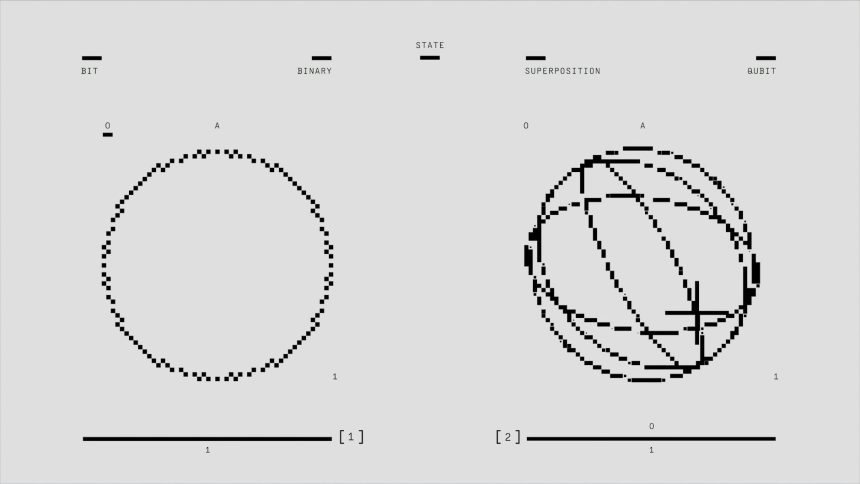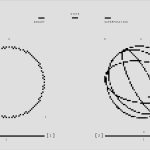the-purpose-of-philosophyThe Purpose of Philosophy: Žižek’s 7 Radical Insights for Modern Life
Ever wondered if philosophy still holds relevance in our hyper-modern, technologically-driven world? Slavoj Žižek, the provocative Slovenian philosopher, not only believes it does but demonstrates its indispensable role in dissecting everything from quantum mechanics to ideal sex, AI, and even the complexities of the Me Too movement. This article delves into Žižek’s unique approach, revealing the profound purpose of philosophy in navigating contemporary existence.
Unpacking Žižek’s Philosophical Lens on Contemporary Issues
Žižek’s genius lies in his ability to apply complex philosophical frameworks to seemingly disparate aspects of daily life and global phenomena. He doesn’t just observe; he critically intervenes, forcing us to reconsider our comfortable assumptions. His work highlights how abstract thought can illuminate concrete realities, providing a necessary counterpoint to prevailing narratives.
Philosophy’s Role in Modern Dilemmas: AI and Me Too
In an era grappling with the ethical implications of artificial intelligence, Žižek challenges us to look beyond the technological surface. He asks what AI truly reveals about human consciousness and our desires, rather than merely what it can achieve. Similarly, his reflections on the Me Too movement transcend simple moral judgments, exploring the underlying societal structures, power dynamics, and the very nature of desire and consent that philosophy is uniquely positioned to address. He pushes us to understand the ideological stakes involved, making the case for a deeper, philosophical engagement with these pressing issues.
For more on the philosophical debates surrounding AI, explore resources like the Stanford Encyclopedia of Philosophy’s entry on the Ethics of Artificial Intelligence.
Historical Insights: Inca Society and the Philosophical Gaze
Žižek’s discussions aren’t limited to the present. His forays into historical contexts, such as Inca society, serve to de-naturalize our current social formations. By examining how different cultures structured their beliefs, power, and even their concept of reality, he illustrates the contingent nature of our own ‘truths.’ This historical comparative method is a core aspect of the purpose of philosophy: to provide perspective and reveal the ideological underpinnings of any given society, including our own.
Exploring the Purpose of Philosophy Through Žižek’s Ideas
For Žižek, philosophy isn’t a detached academic exercise; it’s a vital tool for confronting reality, challenging illusions, and provoking thought. It’s about asking the “wrong” questions to get to the uncomfortable truths.
Confronting Existential Questions: Love, Stupidity, and Workaholism
Žižek doesn’t shy away from the messy, human aspects of existence. He dissects concepts like love, not as a romantic ideal, but as a complex, often contradictory, social and psychological phenomenon. He boldly addresses “stupidity” not just as a lack of intelligence, but as an active refusal to think critically, often perpetuated by ideological frameworks. Even workaholism, a seemingly mundane vice, is analyzed through a philosophical lens as a symptom of deeper societal anxieties and capitalist demands. In these explorations, the purpose of philosophy becomes clear: to strip away illusions and reveal the uncomfortable truths about ourselves and our societal constructs.
Quantum Mechanics and the Limits of Philosophical Inquiry
Perhaps most strikingly, Žižek engages with quantum mechanics. He doesn’t aim to explain the physics itself, but rather to philosophically interrogate what the bizarre realities of quantum theory tell us about the nature of reality, consciousness, and the limits of human understanding. This engagement demonstrates philosophy’s courage to confront the most challenging scientific frontiers, seeking not to replace science, but to understand its implications for our world view. This interdisciplinary approach exemplifies how philosophy can bridge the gap between scientific discovery and human meaning, enriching our understanding of both.
For those interested in the philosophical implications of quantum theory, further reading from sources like Quanta Magazine’s quantum philosophy section can provide additional context.
Why Žižek’s Philosophy Matters Today
Žižek’s work underscores that philosophy is not a relic of the past but an urgent necessity for the present. It offers a unique framework for critical thinking and understanding the complexities of the modern world.
Key Takeaways on Philosophy’s Contemporary Value
- Unmasking Ideology: Philosophy helps us see the hidden power structures and assumptions that shape our thoughts and actions.
- Challenging Consensus: It encourages questioning accepted norms, even when uncomfortable.
- Navigating Complexity: Philosophy provides tools to analyze multifaceted issues like AI ethics or social movements.
- Understanding Human Nature: It delves into love, stupidity, and desire, revealing deeper truths about the human condition.
- Connecting Disciplines: Philosophy bridges gaps between science, history, and culture, offering a holistic perspective.
How Philosophy Empowers Critical Engagement
Engaging with philosophy, particularly through a thinker like Žižek, can transform how we perceive the world. It’s not about finding definitive answers, but about sharpening our capacity to ask better questions.
- Develops Analytical Skills: Learning to deconstruct arguments and identify underlying assumptions.
- Fosters Intellectual Humility: Recognizing the limits of our own knowledge and perspectives.
- Promotes Ethical Reflection: Encouraging deep thought on moral dilemmas and societal responsibilities.
- Cultivates Creativity: Imagining alternative ways of thinking and organizing society.
- Enhances Self-Awareness: Understanding how personal experiences are shaped by broader philosophical currents.
In essence, Žižek reminds us that the purpose of philosophy is to keep us awake, to prevent us from passively accepting the world as it is, and to arm us with the intellectual courage to demand more from ourselves and our societies.
What profound questions does Žižek’s philosophy inspire in you? Share your insights below.
© 2025 thebossmind.com
Discover Slavoj Žižek’s radical insights into the purpose of philosophy. Explore how he applies critical theory to quantum mechanics, AI, ideal sex, Me Too, and human existence, offering a vital lens for understanding our complex world.
Image Search Value: Slavoj Žižek thinking, philosophy, critical theory, quantum mechanics, AI ethics, abstract thoughtFeatured image provided by Pexels — photo by Google DeepMind





